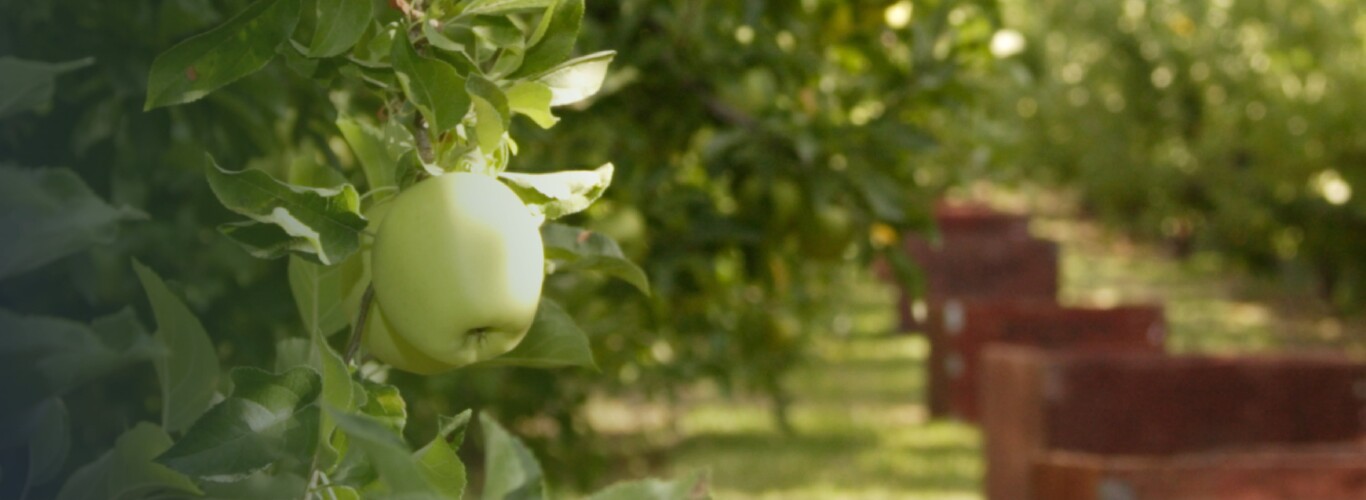
$300M Bellevue fund will invest in the Northwest’s food chain
Arable Capital plans to buy into Western U.S. agricultural enterprises that range “from seed to shelf.”
A Seattle-area fund that has raised hundreds of millions of dollars is hardly big news these days. The fortunes minted in the region’s tech industry have fueled plenty of such funds where investors hope to multiply their money by backing further technology deals.
But $300 million to invest in food processing, fruit packing, irrigation services or other agricultural businesses? From Bellevue?
That’s the uncommon plan for Arable Capital, founded by Greg Richards, to buy into Western U.S. agricultural enterprises that range “from seed to shelf.”
The Bellevue-based company will be scouring the fertile fields of the Pacific Northwest and California’s Central Valley to invest in, or acquire outright, businesses that serve the ag sector.
Most Read Business Stories
- Boeing sells its Commercial Airplanes headquarters for $100M, completing its local real estate divestments
- QFC has no plans to reopen Wedgwood store, despite repeal of city law that prompted closure
- To build or not to build: Construction rebound has been fast on Eastside, slow in Seattle
- Major provider of immigrant tech workers committing ‘wage theft,’ report alleges
- Boeing drops vaccine mandate for U.S. employees
“There’s a lot of family businesses that are multigenerational that are trying to figure out how to transition,” says Richards. “Maybe the kids aren’t interested,” he says, or some members of an extended family want to sell their stakes. “We think we can be a real good fit for that.”
Richards won’t discuss the investors who put $300 million into Arable this summer, nor the rate of return they expect on their funds. He and Arable’s other managing director, Derek Yurosek, of Bakersfield, California, have worked with some big money, though.
According to Arable’s website, Yurosek led a team at Cottonwood Ag Management that acquired and ran a portfolio of 150,000 acres of land and vertically integrated farming and food processing businesses for Cascade Investment, the private holding company for Bill and Melinda Gates. Before that, he spent 14 years as an executive at privately owned Bolthouse Farms, the Bakersfield-based producer of fresh carrots and premium beverages that was sold to Campbell Soup for $1.5 billion.
Richards a few years ago started Bellevue-based HarvestWest Investments, which owns more than 13,000 agricultural acres in Washington, Oregon and Idaho that are leased to farmers. His co-founders at HarvestWest included local tech entrepreneur Brent Frei and Lily Guse, the former chief financial officer of Nathan Myhrvold’s Intellectual Ventures.
His new venture, while still aimed at the ag sector, is different from the various funds that buy acreage either to operate themselves or to rent back to farmers. (Such companies include Farmland Partners, a real estate investment trust that owns 142,000 acres from Alabama to Nebraska and California; it went public at $14 in 2014 but now trades below $9.)
There might be land involved, says Richards, but only as part of a larger integrated operation. The focus is the rest of what it takes to go from field to plate.
“It could be anything up and down the chain,” he says, explaining it this way: “A big carrot business … you’ve got growers, and then once they produce the carrot, how does that get to the supermarket? That’s what we would call the midstream.”
He and Yurosek won’t exactly be driving the dusty back roads in an old pickup truck. But “we’re out on the ground” everywhere across the Pacific Northwest’s Columbia Basin and California’s Central Valley, Richards says.
Private equity firms often must sell their investments within five to seven years to repay their backers, and frequently, Richards says, “that doesn’t go over very well, particularly with a family business that’s been around for several generations.”
So Arable Capital’s fund is structured with longer horizons.
“We’re looking to invest and own these assets for 15-plus years,” he says. “We’re looking to partner with good management teams and grow those businesses.”